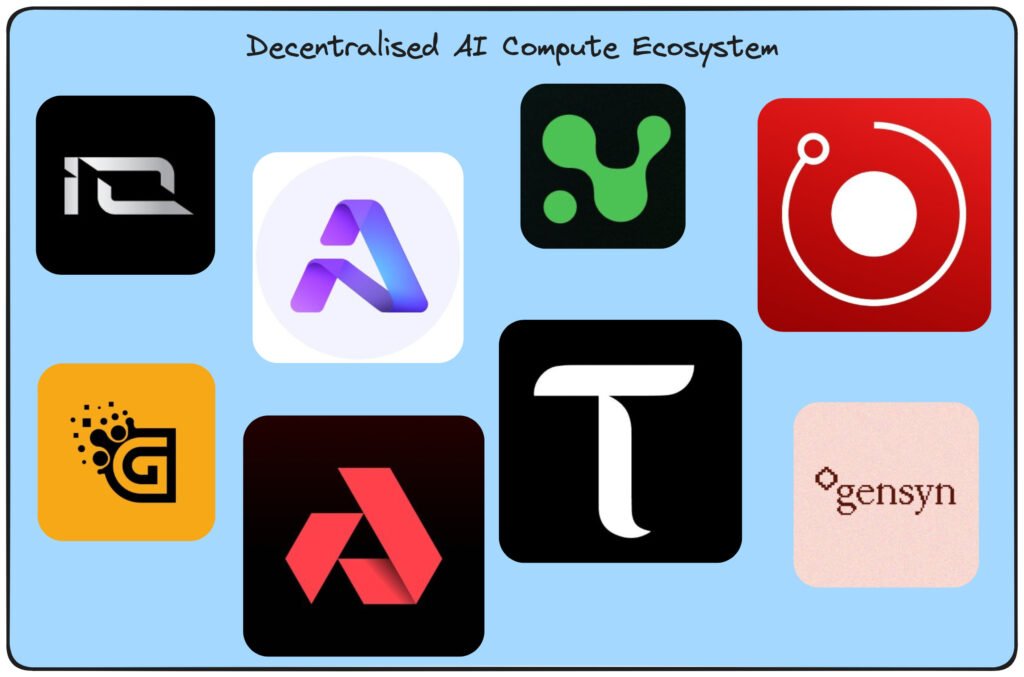Podcast Summary
The podcast episode features Ala Shaabana, co-founder of BitTensor, a well-known AI project in the crypto space. The discussion covers various topics, including the recent drama at Open AI, the governance of AI at scale, the role of BitTensor in the AI ecosystem, and the challenges and potential of decentralized AI. Ala Shaabana introduces himself and shares his background in applied AI. The conversation also touches on the importance of data cleaning, the limitations of current AI models, and the need for transparency and openness in AI systems.
Key Takeaways
Open AI Drama and Governance of AI
- Recent drama at Open AI: The podcast discusses the recent drama at Open AI, where Sam Aldman was pushed out by the board and Microsoft is trying to poach him and other members. This raises questions about the governance of AI at scale and the potential implications for the development of artificial general intelligence (AGI).
- Concerns about centralized control: The discussion highlights concerns about a small group of individuals having control over the governance of AI, especially if AGI is created. The power of Open AI’s board to decide how AGI should be used raises ethical and societal concerns.
BitTensor: A Decentralized AI Platform
- Overview of BitTensor: Ala Shaabana provides an overview of BitTensor, describing it as a graph with validators and miners. Validators ensure that the outputs of the miners come from real AI models, and the validators act as a front-facing entity to the system, providing the best output to users.
- Subnet feature: BitTensor has a subnet feature that allows users to carve out a portion of the network for their own projects. This enables the deployment of various AI models, including predictive models, image generation, and pre-training.
- One-stop shop for AI: BitTensor aims to be a one-stop shop for AI, providing an open-source and developer-friendly platform. Users can run powerful AI models on the BitTensor network, and model creators are incentivized through rewards for their models’ performance.
Advantages of Decentralized AI
- Diverse range of responses: Decentralized AI systems like BitTensor allow for a more diverse range of responses compared to centralized models. Users can interact with multiple models and choose the response that best suits their needs, reducing reliance on a single entity’s biases and limitations.
- Specialized and accurate responses: BitTensor enables the creation of subnetworks tailored to specific domains, such as biology, which can provide more accurate and specialized responses. Validators on BitTensor continuously evolve and use reward models to incentivize specific and nuanced responses.
- Transparency and openness: Decentralized AI offers transparency and openness compared to centralized systems. BitTensor’s transparency allows for auditing and identification of any issues, reducing bias and ensuring accountability.
Challenges and Future of Decentralized AI
- Attracting AI professionals: The podcast discusses the challenge of attracting AI professionals to the blockchain ecosystem. The hosts emphasize the need to establish themselves as a serious player in the AI community through scientific methods and publications.
- Regulation and auditing: The podcast highlights the importance of auditing AI models to ensure accuracy and eliminate bias. The hosts discuss the challenges of auditing at scale and suggest incentivized audits and compute as potential solutions.
- Building culture-specific models: Decentralized systems like BitTensor allow for the creation of culture-specific models, catering to specific dialects and cultures. This approach provides more accurate and relevant responses for different cultures.
Sentiment Analysis
- Bullish: The podcast expresses bullish sentiment towards the potential of decentralized AI and the advantages it offers, such as diverse responses, specialized models, transparency, and openness. The hosts are optimistic about attracting AI professionals to the blockchain ecosystem and the future of decentralized AI.
- Bearish: There is no explicit bearish sentiment expressed in the podcast.
- Neutral: The podcast discusses the challenges and potential limitations of decentralized AI, such as the need for regulation, auditing, and attracting AI professionals. The hosts acknowledge the limitations of current AI models and the difficulty of eliminating bias completely.










